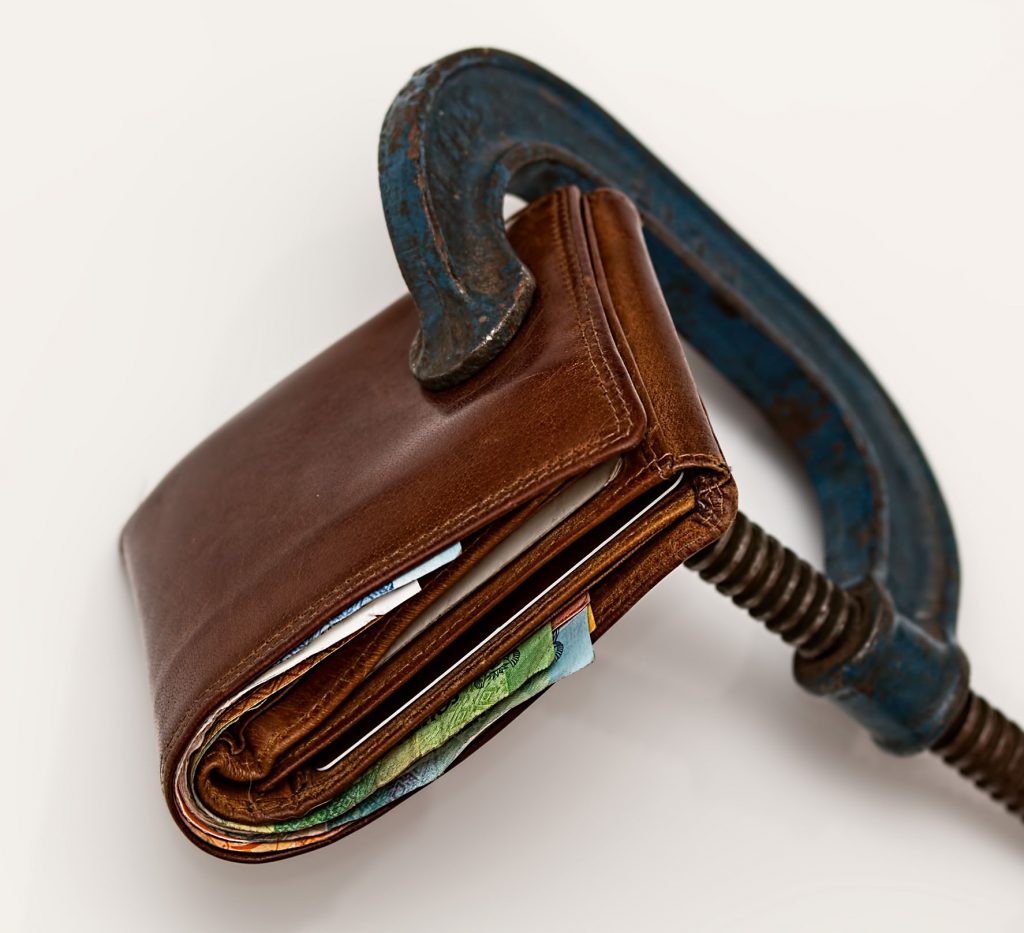May 4th, 2022 by J B
Are you breaking these credit card processing rules?
Filed in: Merchant Accounts |
When it comes to accepting credit cards there are a lot of rules and a lot of drab documentation to go with them. Many times businesses are breaking rules that they don’t even know exist. In this article, we are going to take a look at a few key rules, why they exist, and how they can affect your business.
For those of you who love really digging into rules and regulations, I have you covered as well. I have linked to the more than 1,300 pages of Visa and MasterCard rules to get you started. Spoiler alert, you will be asleep before you get through Visa’s 41-page table of contents.
Let’s jump in…
Accept All Cards
This is a band-related rule. If you accept Visa cards you must accept all types of Visa cards. The same goes for MasterCard and other card brands. Now there is some nuance depending on what country you are in, but for the most part, the rule is to accept one card from a brand you accept all cards from a brand.
It’s not good for anyone if businesses are checking cards and denying payments by customers with certain cards. Some of you might be wondering why on earth a business would do such a thing, and the truth different is cards can have higher interchange chargers than others increasing a business’s cost. Different card types may carry additional chargeback or fraud risks. While most of these are mitigated by contactless and EMV payment acceptance, not all businesses have the ability to accept payments in person.
From what I have seen merchants who try to avoid cards that they think cause higher interchange fees still end up accepting the same mix of cards, and all they have done is irritated some of their customers.
Surcharges
This is kind of a No No… The card brands would really rather you not surcharge the cardholders and it’s currently not allowed outside of the US, Australia, New Zealand, and Europe. Even where it is allowed there are conditions that have to be met before you are actually allowed to surcharge.
Here are the main requirements.
- Surcharging must not be prohibited in your state.
- You must notify the card brands and your processor 30 days prior to surcharging.
- You can only surcharge credit-based transactions.
- You can not charge more than your cost to accept the payment.
- You must have proper signage and notification to your customers.
If you feel like surcharging is something you want to do I would start by reviewing your current payment processing setup and understand the fees you are being charged. From there reach out to your processor, or to us, and have a discussion about the requirements, and how you can comply properly. Then think about what effect that may have on the business both from an expense and customer perspective. At that point, you will know if it’s right for you.
There are also alternative ways to offset your transaction costs that are not considered surcharging. We will go over one such option in our next article.
Minimum Transaction Amount
In the past, this was not allowed, however for the US merchants are now allowed to have a minimum transaction amount as long as it doesn’t exceed $10. Again like with Surcharges this only applies to credit transactions. You cannot put a minimum on debit transactions.
Generally, it is not a good idea to put minimums on credit card transactions, it increases friction with your customers. That said for merchants who have many small ticket items this can help to greatly reduce their effective transaction cost. Imagine someone buying a pack of gum for $0.89, and the merchant paying as much as $0.43 just to accept the payment, when a $10 transaction might cost them $0.57. The $0.89 transaction has an effective cost of almost 50% whereas the $10 charge has a cost of 5.7%. Now yes both of these scenarios are exaggerated, but they really are not unrealistic for some small ticket businesses.
Don’t Run your own credit card
I can’t stress this one enough, just don’t do it…
Why? From the perspective of the card issuer and processor, they don’t know if you are buying something from your business or if you are loaning the business money from your credit card. If it was a loan to the business then it would be subject to other rules and at minimum have to be processed as a Cash Advance. Because of this uncertainty, it’s not allowed at all, with the exception of test sales at $1.00 or less.
There is also the potential for a merchant to attempt to dispute their own credit card transaction after either depleting the bank account or taking the product. This has come up a couple of times in businesses with multiple partners or owners, where one tries to steal from the business by using the credit card network. I can assure you that it doesn’t turn out well for anyone. From held funds to termination by processors and issuers, to potentially serious legal action.
For that matter, you shouldn’t be running anyone’s card outside of your day-to-day sales operations… If you need funding for your business there are other options that are legal and don’t jeopardize your business’s ability to accept payments.
Finally, Do not run credit cards for anything for anyone else
This tends to come up when a new business wants to use another business’s payment processing because their own sales are currently too low to support a merchant account of their own. At first glance, it doesn’t seem like there would be any harm done, but the devil is in the details. For one thing, the two businesses are likely selling different products and services which changes the risk profile of the business with the merchant account. Even if they sell the same products or services some of the transactions they process will show up with the wrong business name on them causing confusion for cardholders and increasing chargeback risk. Then there are processing fees, two businesses mixing funds, and potential disputes between the two businesses sharing this account.
But those are small potatoes compared to the real risk. If you are the business owner who personally guaranteed the merchant account you carry 100% of the liability. So if the person/business that is using your merchant account starts dealing in high-risk or illegal transactions it doesn’t matter if they were the one running the cards. You and your business are the only financially responsible parties. You may even run into some personal criminal charges as well.
Please avoid this at all costs.
Are you ready for the Rules?
As promised above, 1,300+ captivating pages. All joking aside it’s actually a really good idea to know what’s in these, at least the ones that pertain to your business. There is some really good information in these documents and a lot of time and effort has been put into them. Unfortunately, the topic just isn’t very exciting.
Visa Core Rules and Visa Product and Service Rules
If you have any questions about any payment processing rules, you at least have a place a start looking. If you find your processor isn’t a great resource we are more than willing to answer or give direction on any questions that you have.







